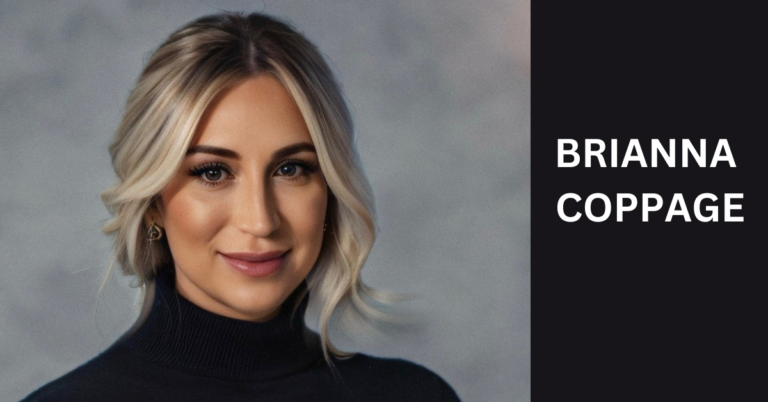The intersection of sex work and mainstream employment has long been a topic of controversy, sparking debates about personal autonomy, societal norms, and the evolving landscape of digital entrepreneurship. One recent case that has brought these discussions to the forefront is that of Brianna Coppage, a 28-year-old English Language Arts teacher from St. Clair High School in rural Missouri. Coppage, known as BrooklinLovexxx on the platform OnlyFans, found herself at the center of a public debate after her side gig as an adult content creator led to her being placed on leave from her teaching position. This article delves into the nuances of Coppage story, explores the broader implications of her situation, and delves into society’s changing attitudes toward sex work.
Background: Brianna Coppage Journey
Brianna Coppage journey into the world of sex work began as a means to supplement her income as a teacher. With a salary of $42,000 a year, Coppage, like many educators, faced financial challenges and sought alternative sources of revenue. Her decision to join OnlyFans, a subscription-based platform where creators share exclusive content for paid subscribers, stemmed from a desire to explore new opportunities and potentially alleviate financial burdens.
Coppage’s persona on OnlyFans, under the pseudonym “BrooklinLovexxx,” offered subscribers access to explicit content, including categories such as “squirting,” “anal,” “cream pie,” and “solo play.” While her content choices may have raised eyebrows in her conservative community, Coppage’s venture into sex work reflects a broader trend of individuals leveraging digital platforms for entrepreneurial pursuits.
The Impact of OnlyFans and Changing Societal Attitudes
OnlyFans, initially known for its association with adult content creators, has evolved into a platform that attracts creators from various backgrounds, including artists, musicians, fitness enthusiasts, and educators like Coppage. The platform’s popularity surged during the COVID-19 pandemic, as lockdowns prompted people to seek alternative sources of income and connection.
Coppage’s experience highlights the changing attitudes toward sex work and digital entrepreneurship. While traditional norms may have stigmatized sex work, especially in conservative or religious communities, platforms like OnlyFans have facilitated a shift in perceptions. Many individuals, particularly younger generations, view sex work as a valid form of employment, emphasizing personal autonomy, financial independence, and the right to explore one’s sexuality.
Navigating Public Scrutiny and Support
Coppage decision to engage in sex work alongside her teaching career led to public scrutiny and debate. The St. Clair School District placed her on leave pending an investigation into her online activities, citing concerns about the appropriateness of her content and its potential impact on students. This incident sparked discussions about the boundaries between personal and professional life, ethical considerations in education, and the legal implications of off-duty conduct.
Despite the controversy, Coppage received significant support from various quarters. Many individuals defended her right to pursue sex work as a personal choice and criticized the school district’s response as disproportionate or intrusive. Supporters highlighted broader issues such as teacher compensation, the lack of privacy in the digital age, and the need for open dialogues about sex and sexuality.
The Intersection of Morality, Legalities, and Personal Choices
Coppage’s case raises complex questions about morality, legality, and individual agency. The morality of sex work is subjective and influenced by cultural, religious, and societal norms. While some may view it as empowering and legitimate work, others may condemn it based on moral or religious beliefs. Legal considerations also come into play, with sex work laws varying widely across jurisdictions and often carrying social stigma and legal risks.
Moreover, Coppage’s experience underscores the challenges faced by individuals who engage in sex work while holding other professions or public roles. The scrutiny, judgment, and potential consequences highlight the complexities of navigating multiple identities and societal expectations.
Conclusion: Toward Open Dialogue and Empowerment
The case of Brianna Coppage, also known as BrooklinLovexxx, serves as a microcosm of broader societal debates surrounding sex work, personal choices, and digital entrepreneurship. As attitudes toward sex work evolve and platforms like OnlyFans reshape the landscape of online content creation, discussions about privacy, consent, ethics, and legal rights become increasingly pertinent.
Moving forward, fostering open dialogue, promoting understanding, and respecting individual autonomy are essential steps in navigating the intersection of sex work and mainstream employment. Empowering individuals to make informed choices, advocating for inclusive policies, and challenging stigma and discrimination contribute to creating a more equitable and supportive society for all.

